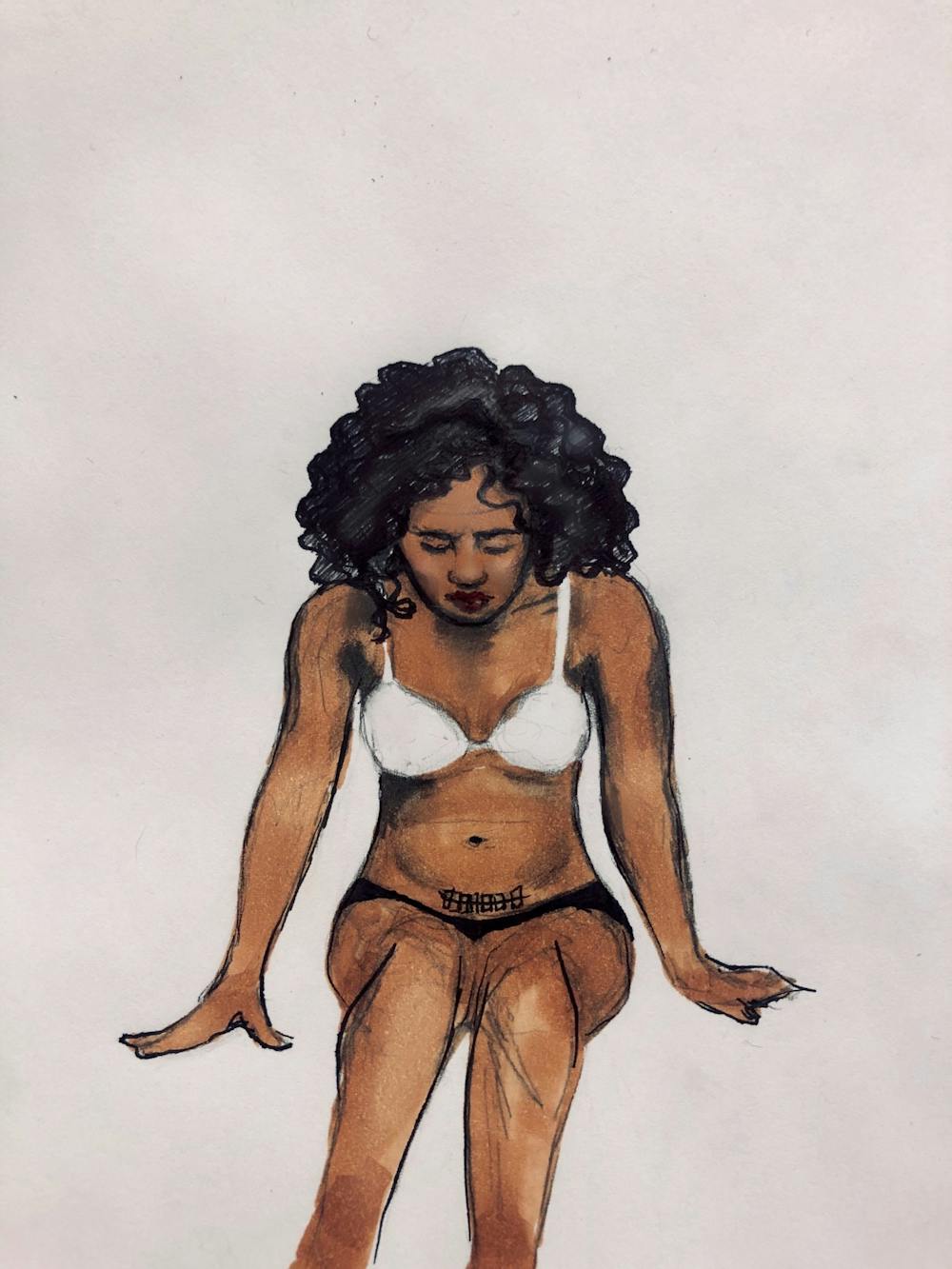A new retrospective study at UNC Hospitals found that Black women receiving cesarean sections reported the highest pain scores, but experienced fewer pain assessments and were provided with less pain medication.
The study, conducted by UNC's Dr. Jasmine Johnson, Dr. Alison Stuebe, and others confirms that medical discrimination against women of color is not a relic of the past. This disparity is the reality in the United States, in Chapel Hill and in UNC Hospitals.
This study bolsters amassing research on pain care among racial and gender minorities. Black patients are known to be less likely to receive pain medication than white patients, and their pain intensity is often underestimated due to myths about racial differences in biology.
Female patients are less likely to be taken seriously when reporting pain. Johnson and Stuebe's work shows that women of color experience a multiplicative effect of their intersecting identities and are disproportionately not receiving adequate pain care.
Racial disparities in maternal health, infant mortality rates and pain treatment have been heavily researched for decades, and yet they persist. It will take more than just awareness to fix this institutional problem; it requires the attention and action of each of us. We need to intentionally confront our individual, socially-grown biases. And we need to put this knowledge to use by reforming institutions, like our University, that allow such inequities to flourish.
Stuebe hopes to weave such change into the newly funded project to reengineer postnatal unit care, with an overall goal of reducing perinatal morbidity and mortality. This sounds promising, and we need a lot more initiatives like this to dismantle the pervasive bias in our hospitals.
The Hippocratic Oath, a standard of medical ethics, calls on practitioners to uphold non-maleficence (do no harm). Harm is being done by the very institutions vowing to protect and care for their patients.
If we care about the health of this country, we have to address the underserved populations. We have to target these gaps in medicine with actionable change.



